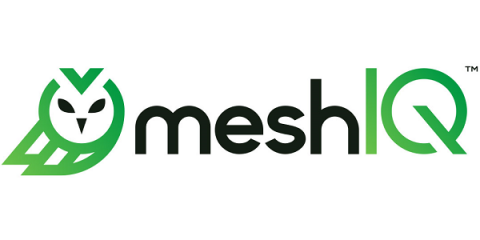The complex layers of cloud computing sustainability
Interest is growing in cloud computing’s ability to reduce carbon, but the ‘green cloud’ argument is not as clear as many believe. I’ve argued over the years that cloud computing is a step in the right direction when it comes to sustainable computing. My viewpoint often opposes environmental organizations that argue against the many new power-hungry data centers that cloud companies build.



